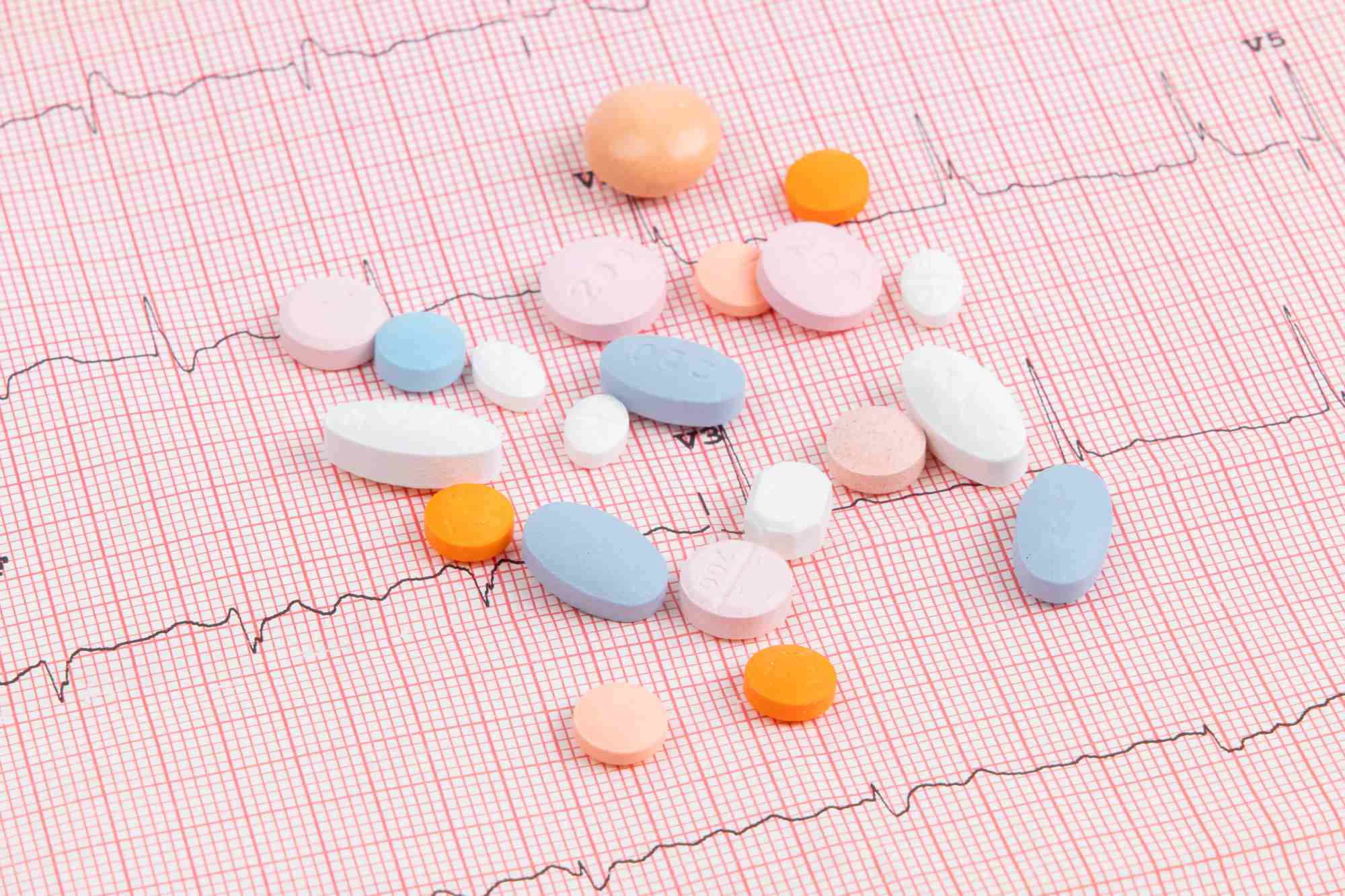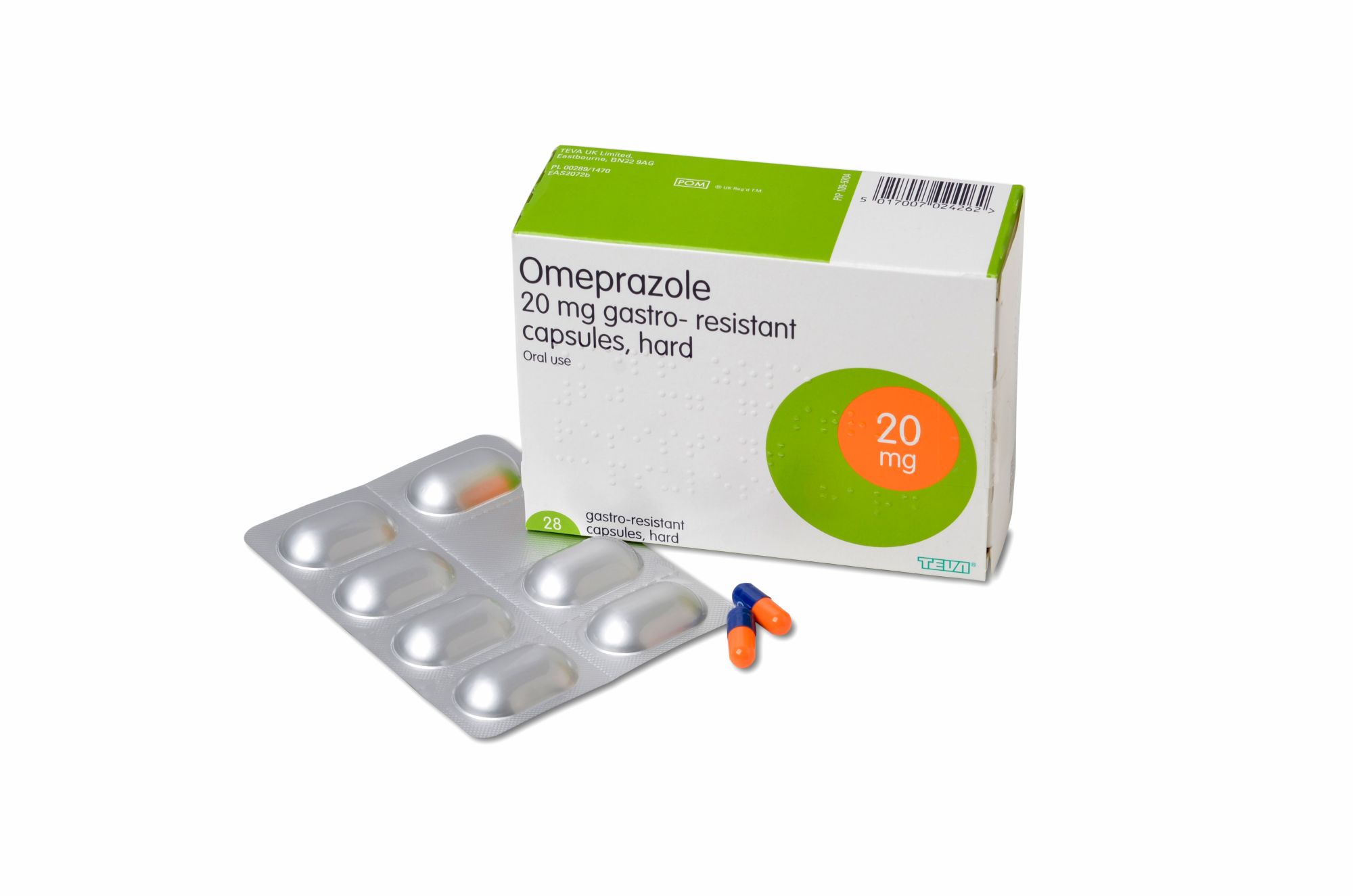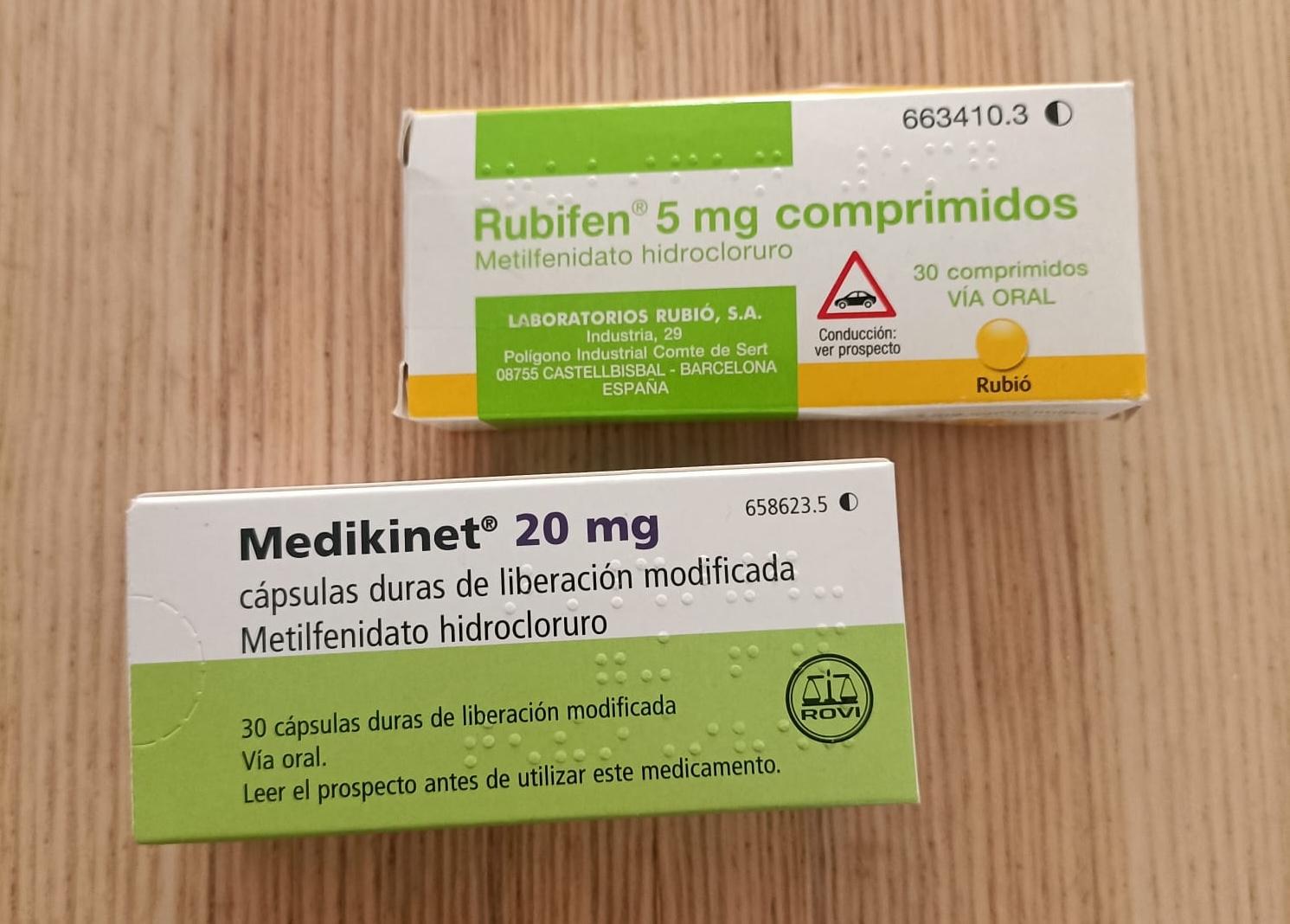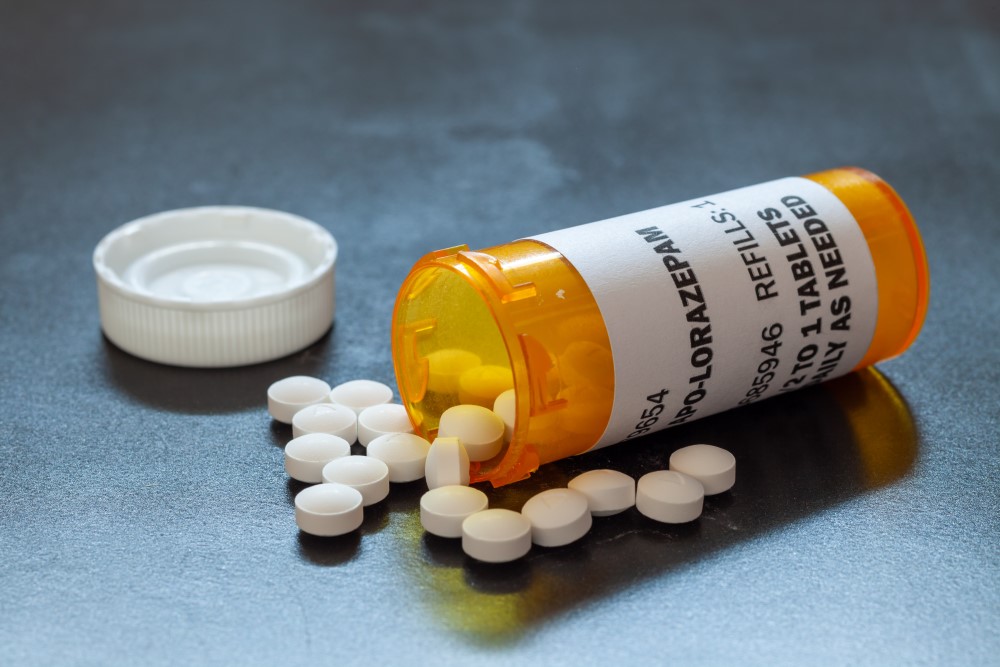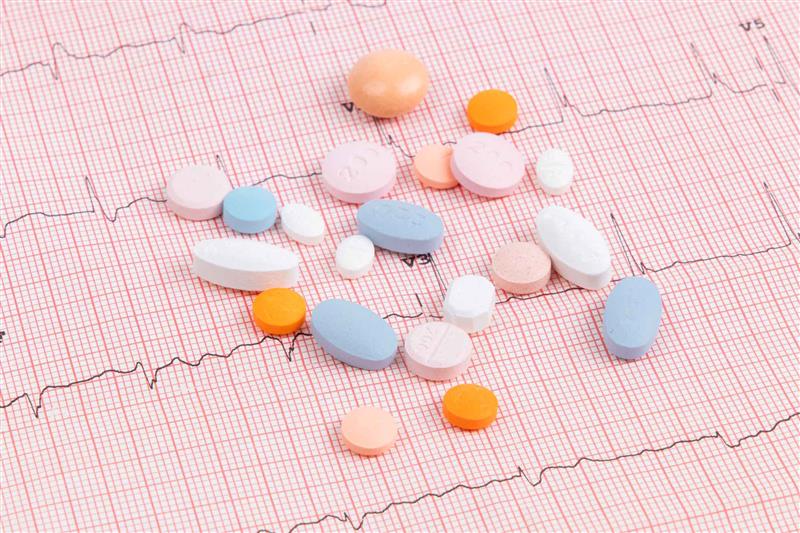Statins cause almost none of the side effects listed in their package inserts, according to a meta-analysis
Statins are a group of drugs widely used to lower cholesterol levels and reduce cardiovascular risk. Although they have been associated with various adverse effects, a meta-analysis of 19 clinical trials with more than 120,000 participants in total concludes that only four of the 66 side effects listed in the package inserts are caused by statins themselves and the risks are very low. The authors, who published their findings in The Lancet, recommend revising the current list of side effects on statin labels to better reflect the evidence so that patients and doctors can make clearer and more informed decisions about treatment.
